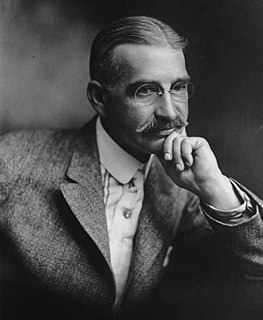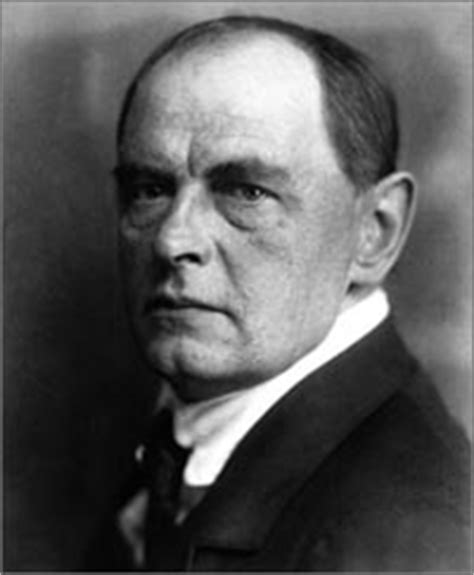A Quote by C. S. Lewis
What he says, even on his knees, about his own sinfulness is all parrot talk. At bottom, he still believes he has run up a very favorable credit-balance in the Enemy's ledger by allowing himself to be converted, and thinks that he is showing great humility and condescension in going to church with these 'smug', commonplace neighbors at all.
Related Quotes
How much reverence has a noble man for his enemies!--and such reverence is a bridge to love.--For he desires his enemy for himself, as his mark of distinction; he can endure no other enemy than one in whom there is nothing to despise and very much to honor! In contrast to this, picture "the enemy" as the man of ressentiment conceives him--and here precisely is his deed, his creation: he has conceived "the evil enemy," "the Evil One," and this in fact is his basic concept, from which he then evolves, as an afterthought and pendant, a "good one"--himself!
Familiarity with any great thing removes our awe of it. The great general is only terrible to the enemy; the great poet is frequently scolded by his wife; the children of the great statesman clamber about his knees with perfect trust and impunity; the great actor who is called before the curtain by admiring audiences is often waylaid at the stage door by his creditors.
I think with great affection and deep gratitude of my venerable predecessor, Benedict XVI, who during these years of his pontificate has enriched and strengthened the Church with his teaching, his goodness, his guidance, his faith, his humility, and his gentleness, which will remain a spiritual heritage for all.
This sutra enjoins a rule of morality. It says nobody should be disrespected. A man can impress evdrybnody by his virtues. Disrespecting others means downfall of our own virtues. A person who disrespects others, in a way disrespect himself. A virtuous man does not disrespect his friend or vevn his enemy. Disrespect to enemy can investigate him toreact. The best thing is to destroy him completely. For a ruler this is very important.
I do believe that half a dozen commonplace attorneys could so mystify and misconstrue the Ten Commandments, and so confuse Moses' surroundings on Mount Sinai, that the great law-giver, if he returned to this planet, would doubt his own identity, abjure every one of his deliverances, yea, even commend the very sins he so clearly forbade his people.
Where no man thinks himself under any obligation to submit to another, and, instead of co-operating in one great scheme, every one hastens through by-paths to private profit, no great change can suddenly be made; nor is superior knowledge of much effect, where every man resolves to use his own eyes and his own judgment, and every one applauds his own dexterity and diligence, in proportion as he becomes rich sooner than his neighbour.




































